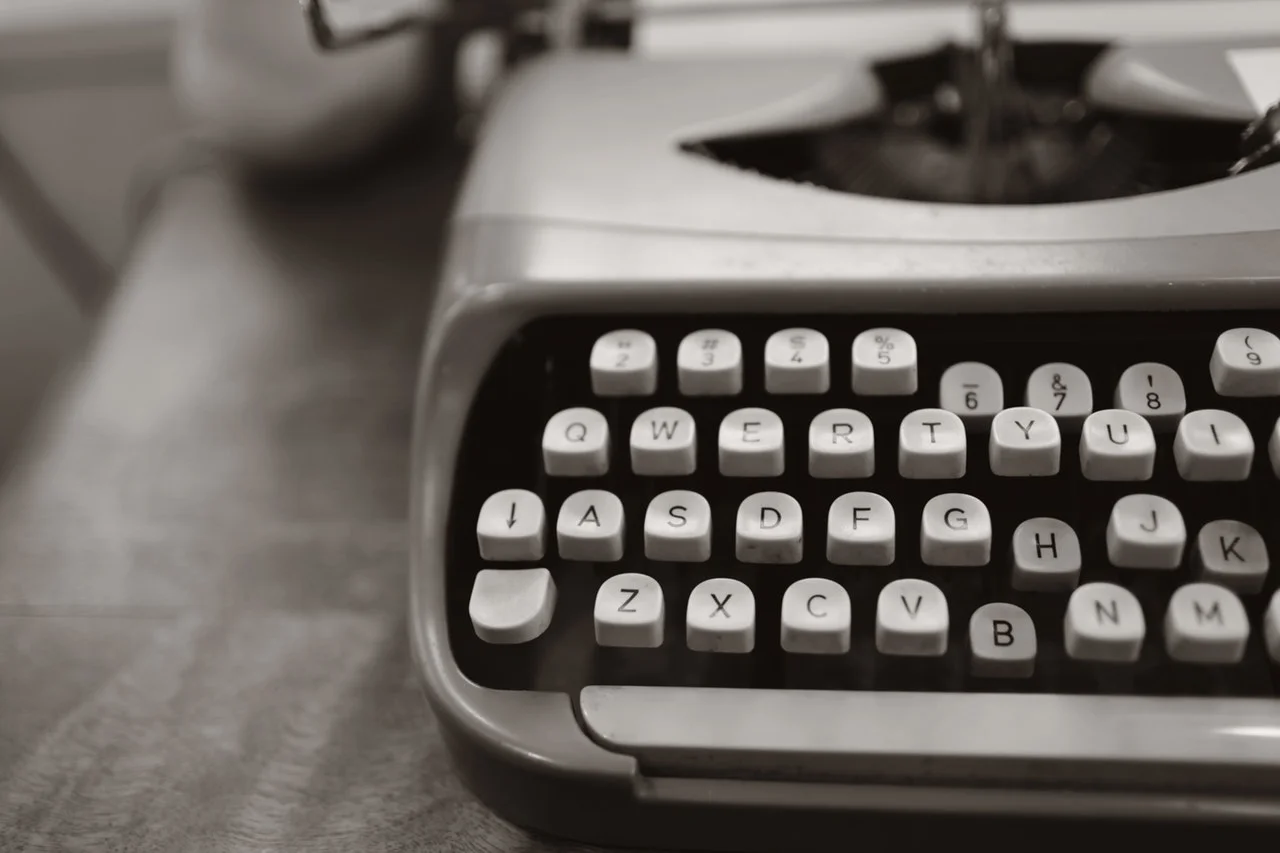Compared to other species, human babies have a lot to learn in order to adapt and thrive at every stage of life. Studying in its various shapes and forms is a necessary task. It begins in the first years of school and continues through life in the form of professional re-certification, updating product knowledge, or simply keeping up with technology. In that sense, we are stuck with it, yet it is even more important to realize that studying is something that your brain is designed to do. It’s something that can be enjoyed, especially when it’s done in an orderly way.
Be mindful that learning can and should be a pleasure. Take notes either the traditional way, on paper, or using a phone or other device to record key ideas. This is true when you study for a course or for any other reason, whether you are in college or learning material for professional development.
“Good study habits” are lifelong learning skills that you will need for acquiring information in many settings outside of formal education. Learning is a skill, and, perhaps more important, learning is part of life. Embrace the need for it, cultivate the ability to do it well.
As deadlines approach, keep a to-do list of specific things that need to get done. Avoid panic. Do that to-do list. This is especially important when a formal test is involved, but it is also important in professional life when you are preparing a formal presentation or even a conversation with a client.
You are more likely to learn for pleasure each day if you also take the time to write for pleasure. This simple activity can be accomplished in many ways, even if it’s a small note to someone you know or to yourself. Although reading, as will be discussed later, is a crucial element of lifelong learning, writing is important too.
Professionals do a lot of writing as part of their jobs, as do students, but writing shouldn’t be viewed as only a job. You can write for pleasure, whether its fiction, notes on a trip, emails and tweets, or a journal. PerfectCoaches.com provides an online Journal that can be shared, if desired, with the motivation coach, but good old-fashioned pencil and paper diaries are also useful for exercising your brain and creating self-awareness.
In Notes from Underground, the Russian writer Fyodor Dostoyevsky observed that, “for everyday needs, the average person’s awareness is more than sufficient, and it is about half or a quarter of that of the unhappy nineteenth century intellectual…” His sarcastic point is that self-awareness can be a burden, the average person doesn’t seem to need it, and the intellectuals who do need it do not necessarily enjoy it.
Routinely getting thoughts written down just for the sake of expressing them can make self-awareness a more enjoyable and productive pursuit. Plus, writing is good mental exercise, and even short Twitter tweets or Facebook entries have the added advantage of being shared with others. Writing is often more fun if it is done for others to read.



